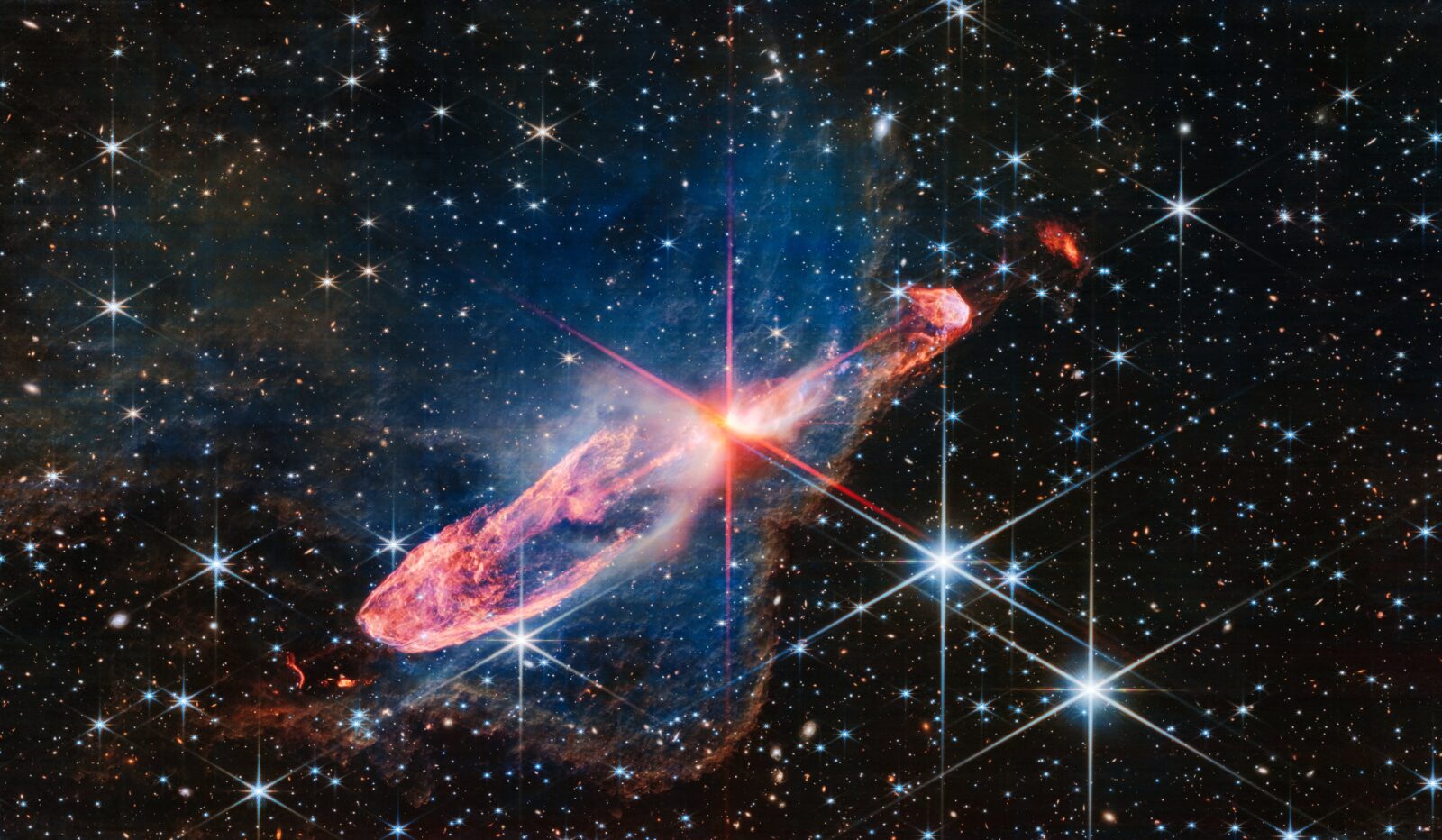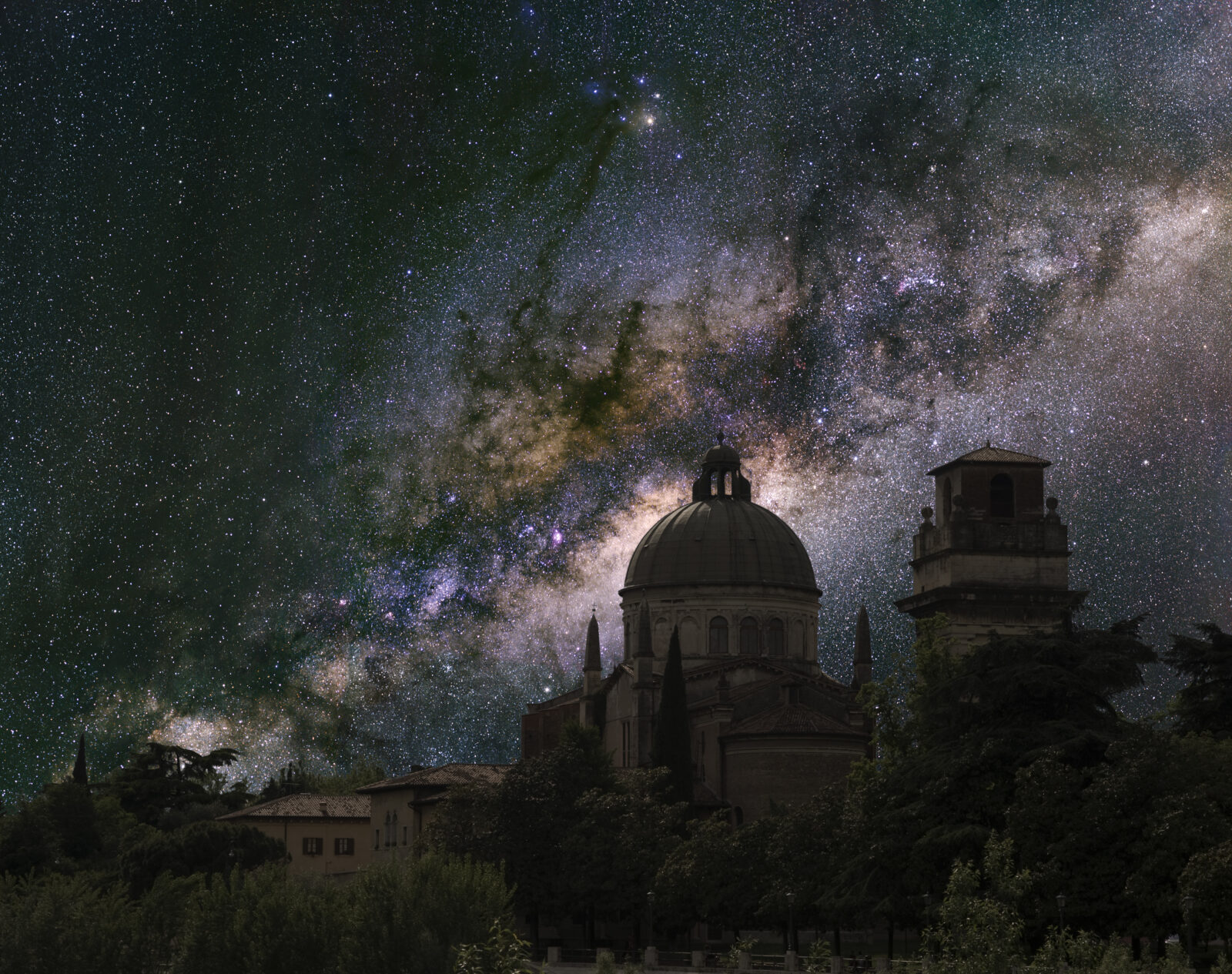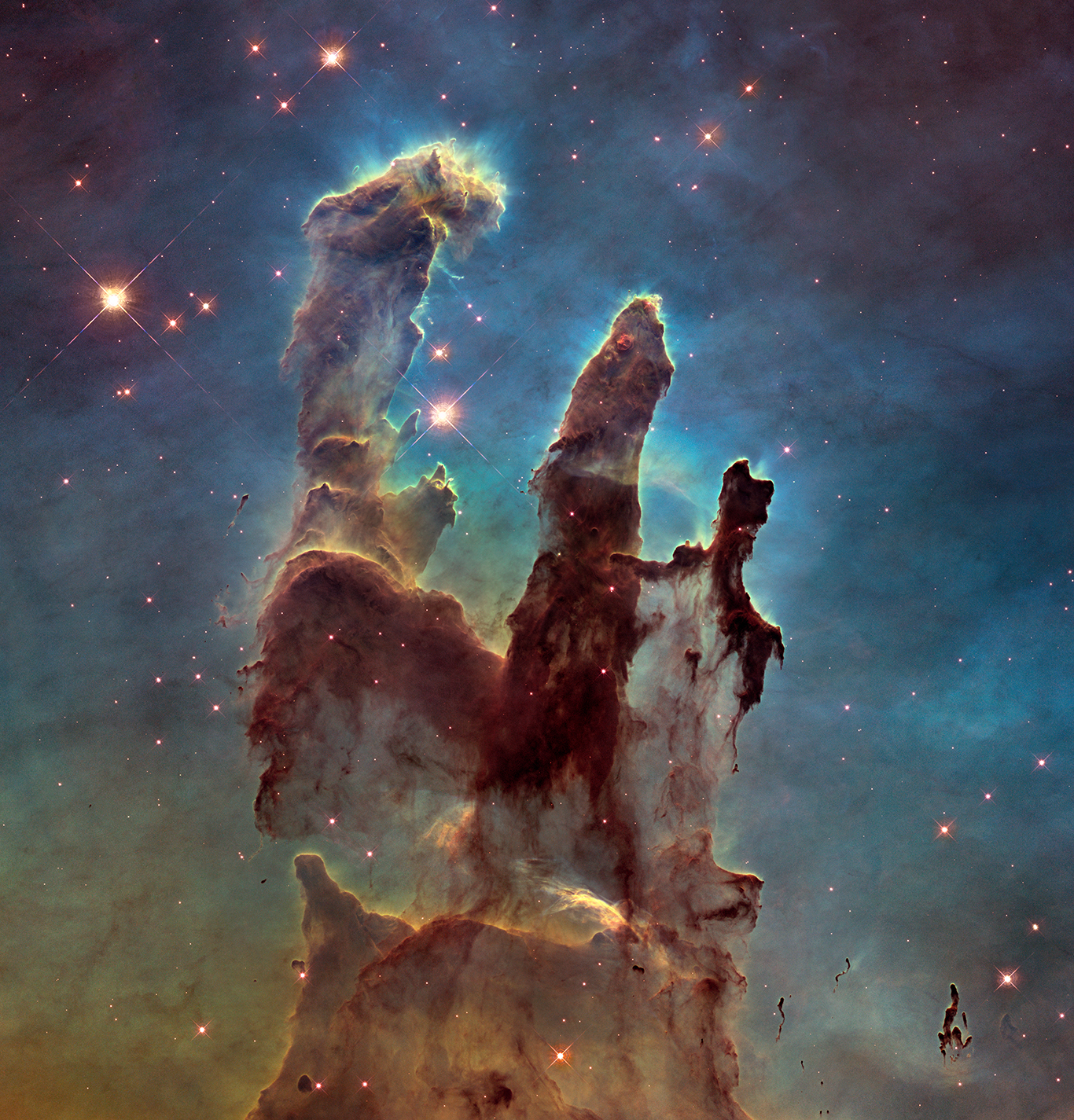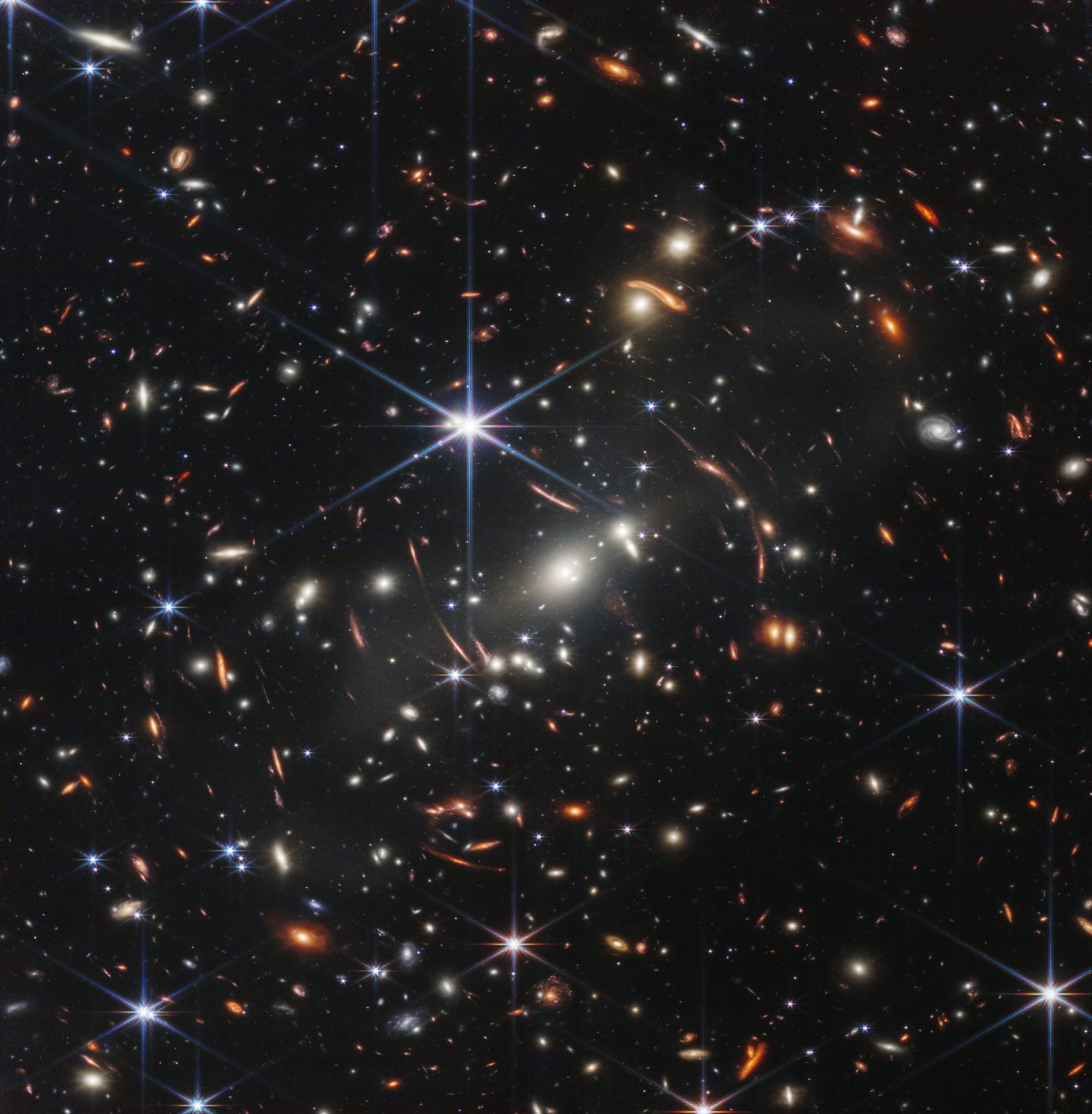


How Modern Physics Reveals Purpose in the Universe

Design or Chance? Casey Luskin on The Andrew Klavan Show

How Modern Science Strengthens the Claims of Theism

Stephen Meyer: Has the West Forgotten God?
In today’s ID the Future philosopher Stephen Meyer revisits Aleksandr Solzhenitsyn’s Templeton Prize speech from May 10, 1983, where Solzhenitsyn indicted the West for forgetting God. Meyer argues that Solzhenitsyn’s indictment is more timely than ever. But at the same time, there is today more scientific evidence than ever for the existence of a personal God, Meyer says, and the argument from intelligent design is a powerful means to awaken individuals to the presence of God and to renew culture. Meyer goes on to support those claims with concrete examples. Today’s episode is taken from a talk Dr. Meyer gave at the 2023 Dallas Conference on Science and Faith. Meyer is author of the bestselling book Return of the God Hypothesis: Three Scientific Discoveries that Reveal the Mind Behind the Universe.

Tom Holland, Stephen Meyer, Douglas Murray: God and the West
On today’s ID the Future, Uncommon Knowledge host Peter Robinson talks with historian Tom Holland, journalist Douglas Murray, and philosopher of science Stephen Meyer about the decline of theistic faith in the West. Here in Part I of the conversation, the men consider possible causes for the decline of theistic faith. According to Meyer the decline has occurred in the face of increasing scientific evidence for the existence of God. So what gives? Tune in to hear their stimulating exploration of the question, and what each sees as the appropriate response. This material is used by permission of Peter Robinson and the Uncommon Knowledge podcast.

Astrophysicist Bijan Nemati on Why Intelligent Design Matters
On today’s ID the Future, astrophysicist and intelligent design proponent Bijan Nemati shares the first part of his story of science and faith. Those who follow Discovery Institute’s Center for Science and Culture may know Nemati from his appearance in the popular ID documentary The Privileged Planet. Born and raised in Iran, he moved to the United States shortly before the Iranian revolution, became an atheist in college, but eventually found his way to a strong religious faith, in part through his exposure to the scientific evidence for intelligent design, first in biology and then in cosmology. Along the way he landed a high-level job with NASA’s Jet Propulsion Laboratory (JPL) and became a leading expert in space interferometer telescopes and the science and technology of detecting earth-like planets. Tune in as he shares with host Eric Anderson his journey of discovery.

Stephen Meyer: James Webb Telescope Supports the Big Bang
On this ID The Future, Return of the God Hypothesis author Stephen Meyer again speaks with radio host Michael Medved about the extraordinarily powerful new James Webb space telescope. One researcher, Eric Lerner, has claimed that what the Webb telescope is seeing many billions of light years away (and therefore, many billions of years in the past) undercuts the Big Bang theory. But according to Meyer, the new photographs coming back from Webb actually further confirm the reality that our universe had a beginning (“the Big Bang”) and that it has been expanding ever since. What these Webb images are forcing a rethink on, Meyer says, is the conventional wisdom among cosmologists on galaxy formation in the early universe. Meyer insists the evidence for a cosmic beginning is stronger than ever, as is the God hypothesis that it supports. Image from NASA.

Stephen Meyer: One God or Many Universes?
In this ID the Future, Stephen Meyer takes a deep dive into the case for not only intelligent design, but also for a designer of the cosmos who is immaterial, eternal, transcendent, and involved. Meyer draws on evidence for design at the origin of life, in the origin of plants and animals, and from the fine tuning of the laws and constants of chemistry and the initial conditions of the universe. He connects all this to the scientific evidence that the universe is not eternal but had a beginning—the Big Bang. What about the main materialistic alternative for explaining this suite of evidence—the idea that there is a multiverse with our universe just being one of the lucky universes with just the right conditions to allow for advanced life? In step-by-step fashion, Meyer walks through why the multiverse explanation fails to explain away the insistent evidence of a cosmic designer. Tune in to hear the full argument. Meyer is author of the recent bestseller Return of the God Hypothesis: Three Scientific Discoveries That Reveal the Mind Behind the Universe, available here.

Medved, Berlinski Take on Steven Pinker and Whig History
On this ID the Future, Human Nature author and polymath David Berlinski and radio host Michael Medved discuss everything from human depravity, the burning of Notre Dame, and the Russian invasion of Ukraine to the Big Bang and a quixotic century-old pact to ban war. Berlinski argues that the case for the death of God and the case for the impending demise of human depravity have been greatly exaggerated. Contra Steven Pinker, Berlinski insists that there is little if any evidence that human evil is being steadily rolled back by the spread of secular values. Further, the idea that science has disproven God flies in the face of trends running in the opposite direction, perhaps most dramatically in the triumph of the Big Bang theory over an eternal universe model. Berlinski, who himself is not religious, insists that Whig history is bankrupt and that anyone imagining that human depravity and the God hypothesis are things of the past are themselves living in the past. Today’s recording is reproduced here by permission of Michael Medved and The Michael Medved Show.